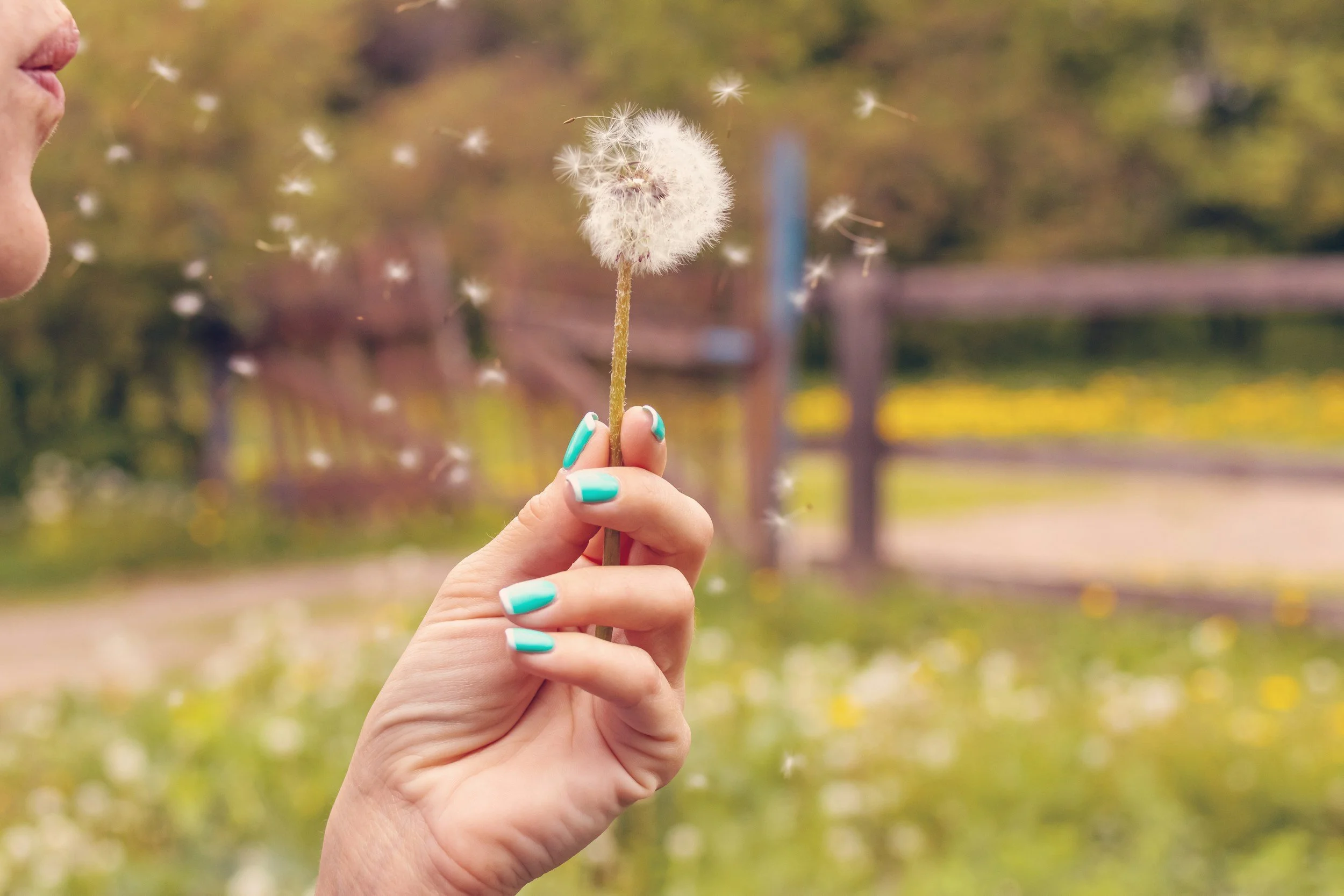Spring Time Allergy Relief
Mascari, Brooke - March 10th, 2025
As the flowers bloom and the weather warms, Spring brings a sense of renewal and vitality. However, for many, this beautiful season also marks the return of sneezing, itchy eyes, congestion, and other allergy symptoms that make Spring a dreaded season. If you find yourself battling seasonal allergies and not being able to fully enjoy the beauty of Spring, there are natural and effective ways to find relief and enjoy Spring to the fullest!
Understanding Spring Allergies
Spring allergies are primarily triggered by pollen from trees, grasses, and flowers. When pollen levels rise, the immune system in sensitive individuals overreacts, causing an inflammatory response. Common symptoms include:
Sneezing and nasal congestion
Itchy, watery eyes
Runny nose
Coughing or wheezing
Fatigue due to immune response
Hives
Itchy throat
Asthma Attacks
Natural Remedies for Allergy Relief
1. Support Your Immune System
A strong immune system helps your body respond more effectively to allergens. You can boost immunity with:
Antioxidant-rich foods: Berries, leafy greens, and citrus fruits provide vitamin C, which reduces histamine levels.
Probiotics: Found in yogurt, kefir, sauerkraut, and kombucha, probiotics support gut health and immune function.
Hydration: Drinking plenty of water helps flush allergens and toxins from your body.
2. Reduce Pollen Exposure
Minimizing exposure to pollen can prevent flare-ups:
Keep windows closed during high pollen counts, usually in the morning and evening.
Shower and change clothes after spending time outdoors.
Use an air purifier with a HEPA filter to remove airborne allergens from your home.
3. Nasal Irrigation
Using a saline rinse, such as a neti pot or saline spray, can help clear nasal passages and reduce congestion. This simple practice washes out pollen and prevents buildup in your sinuses.
4. Herbal and Natural Remedies
Several natural remedies can provide relief from seasonal allergies:
Local honey: Consuming raw local honey may help your body build tolerance to local pollen over time.
Butterbur: This herb has been shown to reduce allergic reactions and inflammation.
Quercetin: A natural antihistamine found in onions, apples, and green tea, quercetin can help stabilize cells that release histamine.
Local Bee Pollen: Helps the body adjust and no longer respond to pollen as an invader to be attacked by the immune system.
5. Essential Oils for Allergy Relief
Certain essential oils can help reduce allergy symptoms:
Peppermint oil: Acts as a natural decongestant and anti-inflammatory.
Lavender oil: Calms the immune response and soothes irritation.
Eucalyptus oil: Opens airways and supports respiratory health. Diffusing these oils or adding them to a steam inhalation can provide relief.
6. Acupuncture and Holistic Approaches
Acupuncture has been shown to alleviate allergy symptoms by balancing the body's energy flow and reducing inflammation. Ayurvedic and traditional Chinese medicine approaches, such as herbal treatments and dietary changes, may also offer long-term relief.
Lifestyle Adjustments for Lasting Relief
Maintain a healthy, anti-inflammatory diet.
Exercise regularly to boost circulation and immune function.
Manage stress through mindfulness, yoga, or meditation, as stress can worsen allergy symptoms.
Embrace Spring with Confidence
Allergies don’t have to overshadow the joys of Spring. By supporting your immune system, reducing exposure to allergens, supporting the immune system, and using natural remedies, you can enjoy the season without discomfort. Experiment with these holistic approaches to find what works best for you and breathe easier this Spring!
